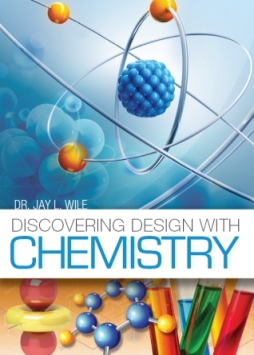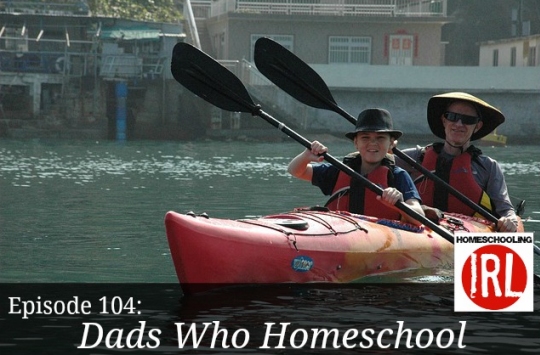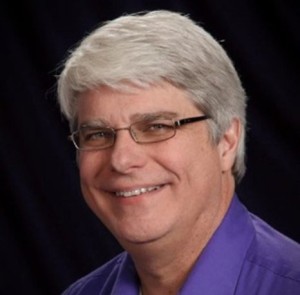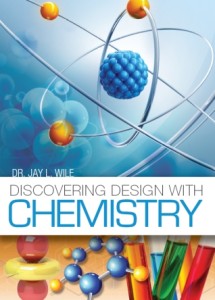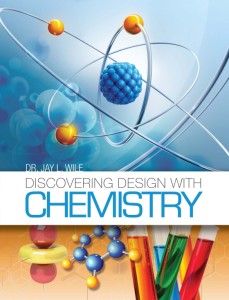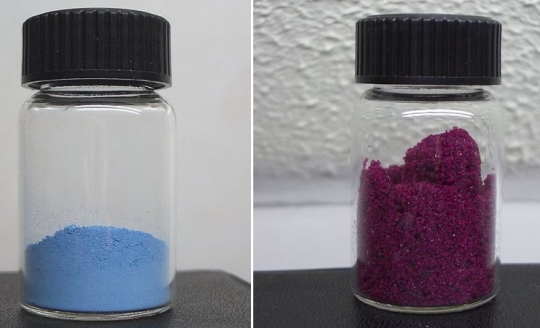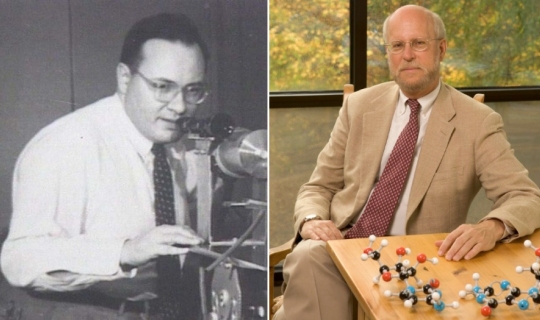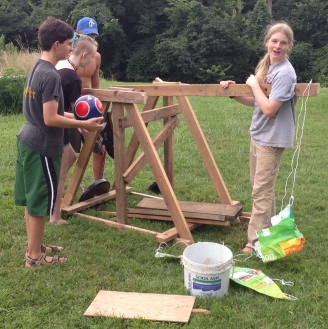
(click for credit)
Since each state has its own laws regarding home education, it is very difficult for the federal government to track homeschooling families. As a result, the estimates regarding the number of homeschooled students is probably low and the sample that was studied is probably not totally representative of the homeschooling population. Also, the detailed statistics are based on a survey called the “Parent and Family Involvement in Education Survey.” Of the more than 17,000 students covered in that survey, only 397 were homeschooled. Thus, the statistics are based on a relatively small sample of students. Nevertheless, some of the results are worth noting.
First, the report tries to adjust its results to take into account the fact that it can’t track all homeschooling families. Based on the data and the subsequent adjustments, the report estimates that there were 1,773,000 students being homeschooled in 2012. This did not include students who were being temporarily homeschooled (because of a long-term illness, for example). This translates to roughly 3.4% of the population, which represents a doubling of the percentage of homeschooled students in 1999 and an 18% increase from the time of the previous report (2007). Needless to say, then, homeschooling is becoming more common.
Before I give you the next interesting statistic, I want you to think about the answer to the following question:
Are homeschooling parents generally more or less educated than the rest of the population?
I have heard people suggest both answers to that question. Some view homeschoolers as people who do not value “real” education, so they are less educated, on average, than the rest of the population. Others view homeschoolers as those who value education more than the rest of the population, so they are more educated. Based on this survey, the education level of homeschooling parents is roughly equivalent to that of the rest of the population. 25% of homeschooling parents have a Bachelor’s degree, while according to the U.S. Census Bureau, 32% of U.S. adults have one. 18% of homeschooling parents have a graduate or professional degree, compared to 12% of U.S. adults. Only about 2% of homeschooling parents don’t have at least a high school degree, compared to about 12% of U.S. adults.
Continue reading “The Latest Numbers on Homeschooling From The U.S. Department of Education”

